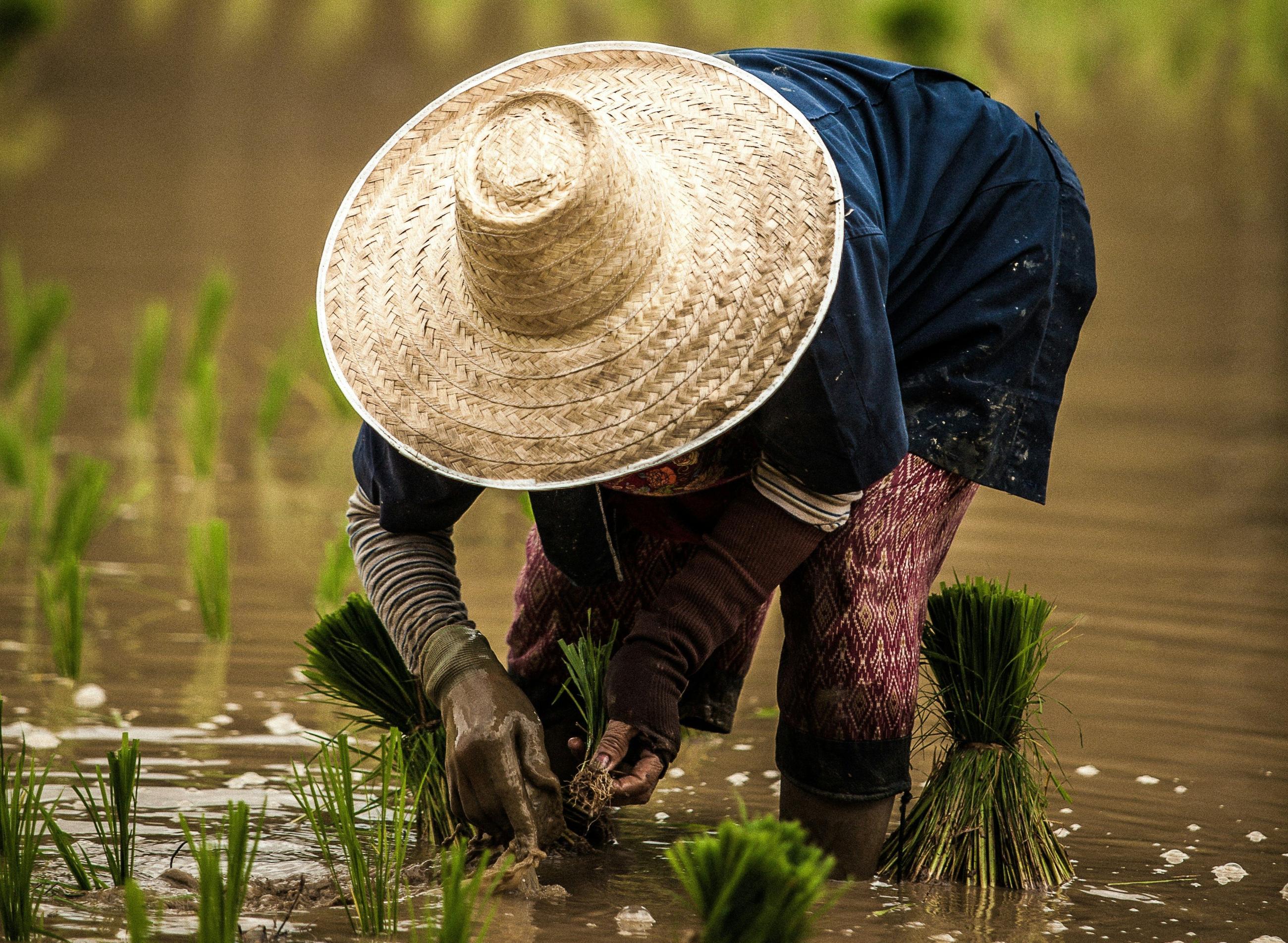Women as champions of climate action in Southeast Asia

Researchers participating in the multi-country project ASEAN Green Recovery through Equity and Empowerment (AGREE) have published a gender and climate-responsive value chain analysis of three value chains: maize in the Philippines, rice in Viet Nam, and fruit and vegetables in Cambodia.
The work is part of AGREE's aim to demonstrate how COVID-19 recovery can be both gender- and climate-responsive. It tests pilot interventions with corporate partners and informs policy-making to champion women as agents for climate action.
Vegetable value chains in Cambodia
Authors propose the following recommendations in Cambodia to increase vegetable production and income of farmers and reduce gender gaps in vegetable production, including:
- Develop awareness and capacity among local agricultural service providers to develop trainings and resources that are accessible to and meet the needs of both men and women farmers.
- Provide trainings on gender directly to both men and women farmers.
- Work with financial institutions to provide access to safe, low-cost financing options for climatesmart technologies.
- Market climate-smart technologies to women by demonstrating how these technologies can meet women’s unique needs.
- Strengthening of value-added processing.
- Strengthening market linkages between producers and buyers.
Rice Value Chains in Viet Nam
To promote women’s empowerment and gender transformation in low-carbon rice value chains in Viet Nam, the authors suggest three entry points including increasing economic efficiency, improving social communication, and increasing farmers’ health care and recommend:
- Increasing the training should be a must.
- It is necessary to run social communication campaigns.
- Regarding farmers’ health care, support towards increasing social insurance participation should also be considered.
Corn Value Chain in Bukidnon and Maguindanao, Philippines
Recommendations from the authors include the following key suggested solutions:
- Massive information and communication for social and behavior change.
- Scale up existing local climate innovation practices.
- Maximize existing government programs and create customized community programs on climate actions.
- Implement real and equitable transfer of knowledge, skills development, and technology.
- Design various forms of investment that incentivizes climate-smart initiatives at the local level.
- Generate green jobs at the local level that conditions equitable access to assets and resources.

